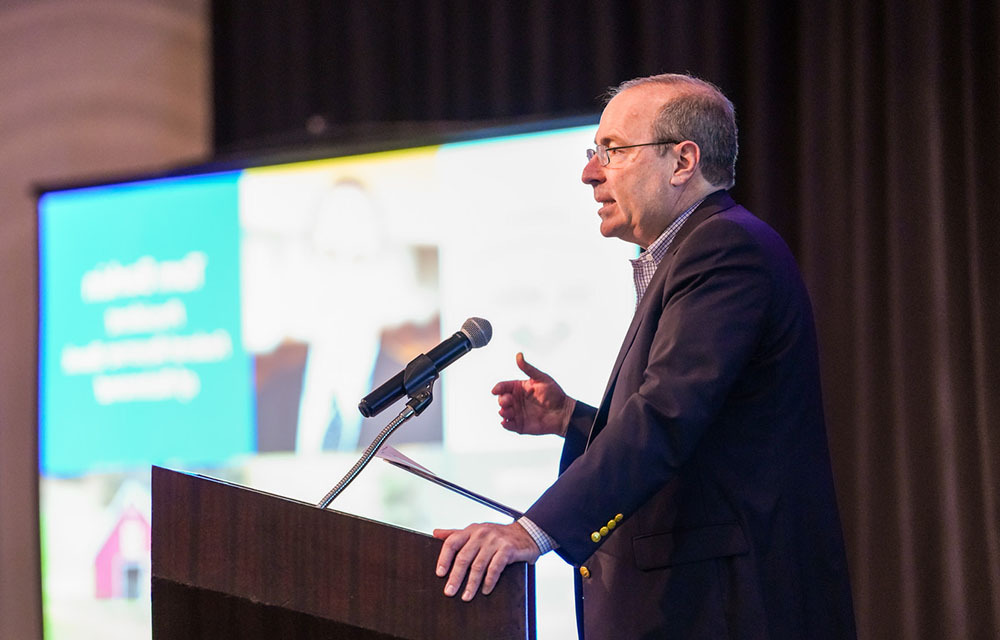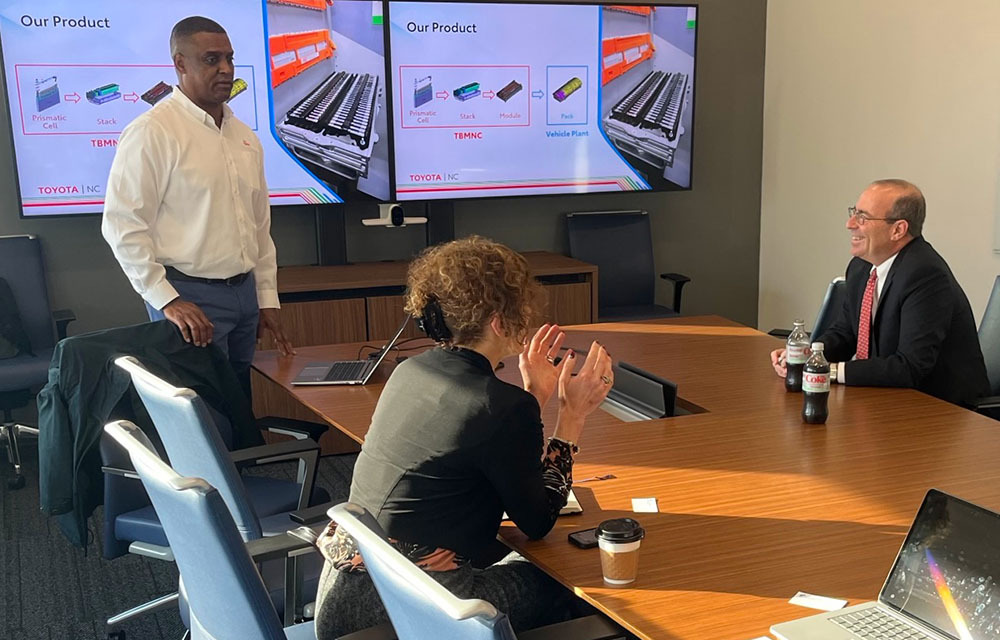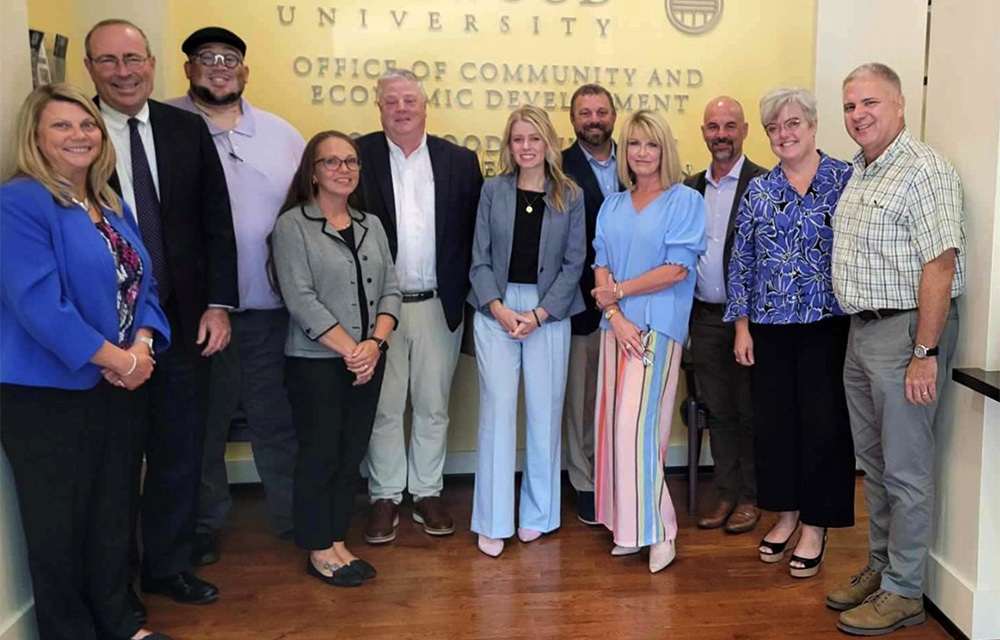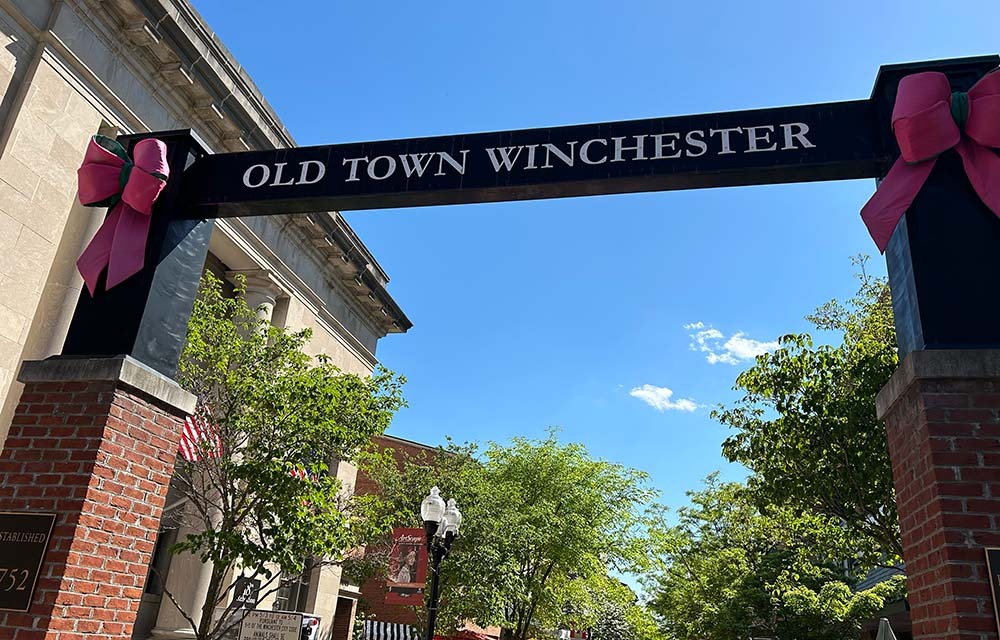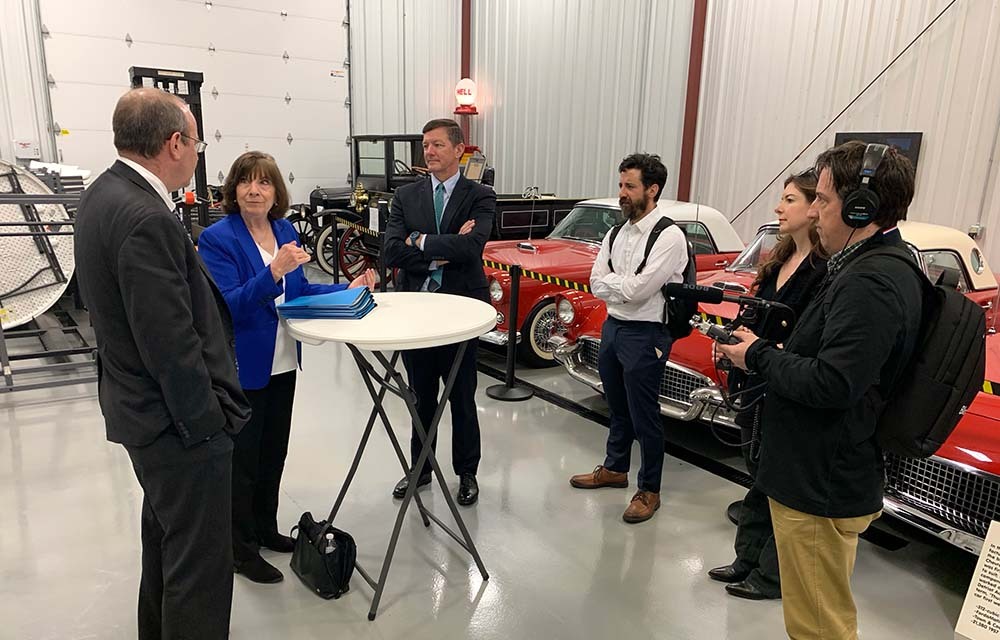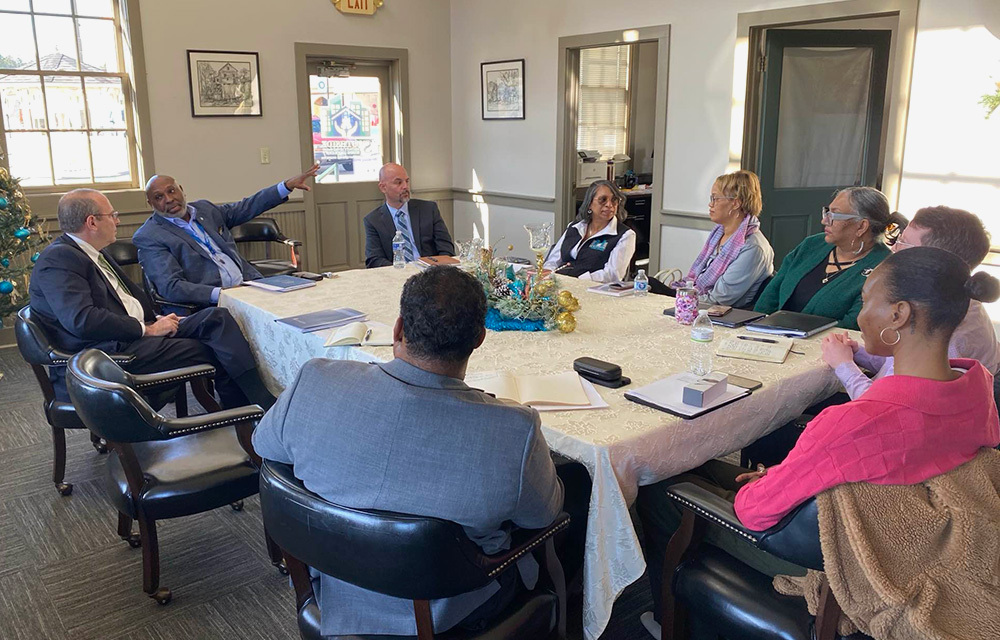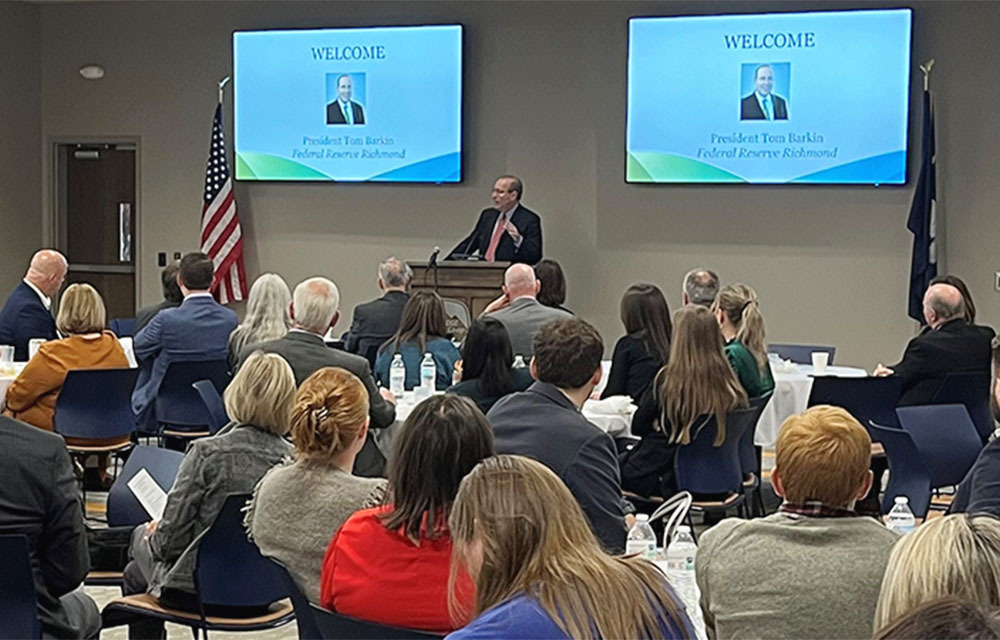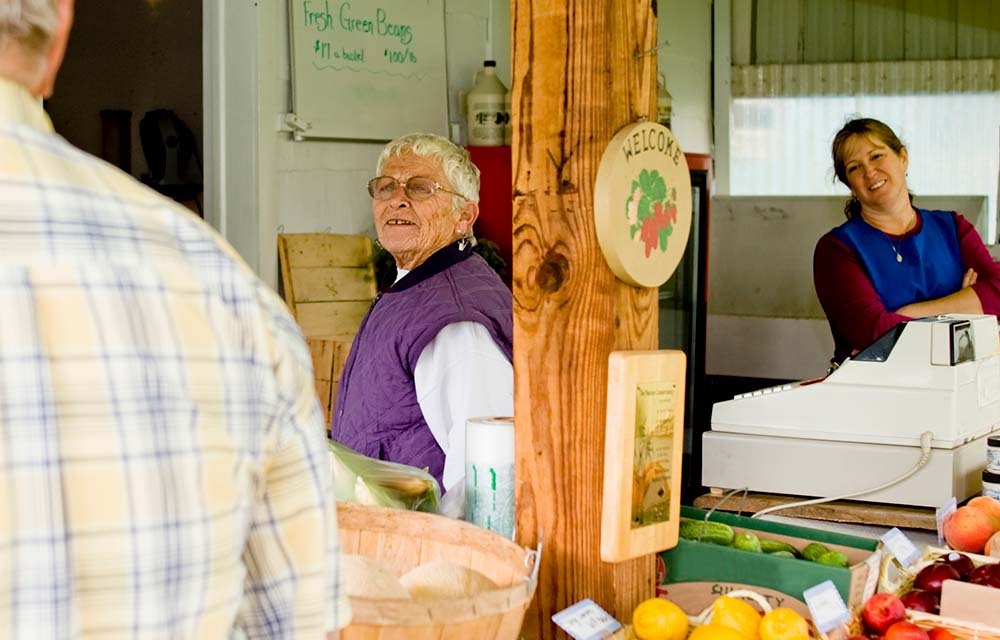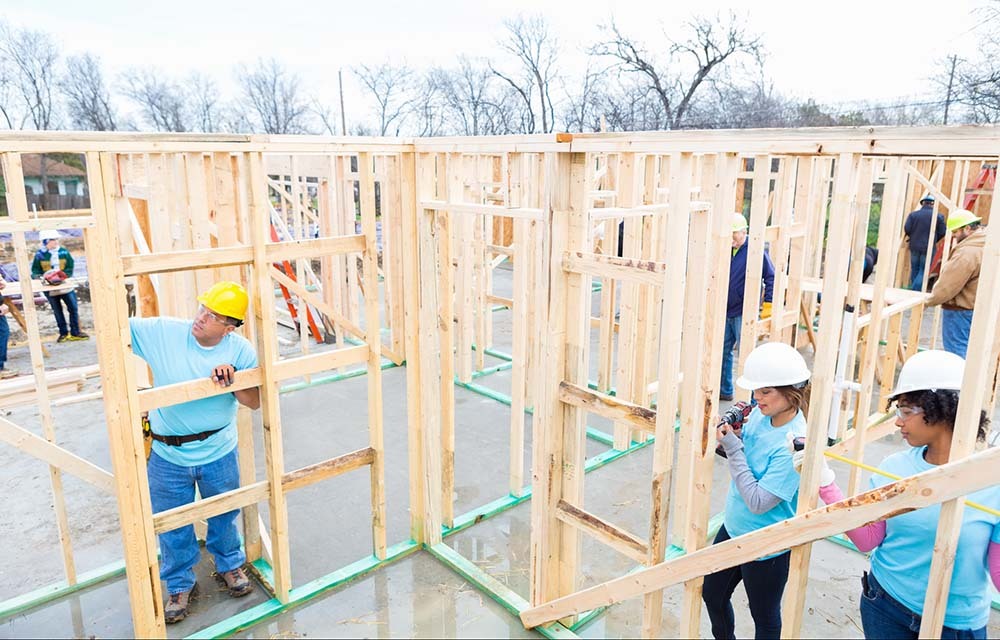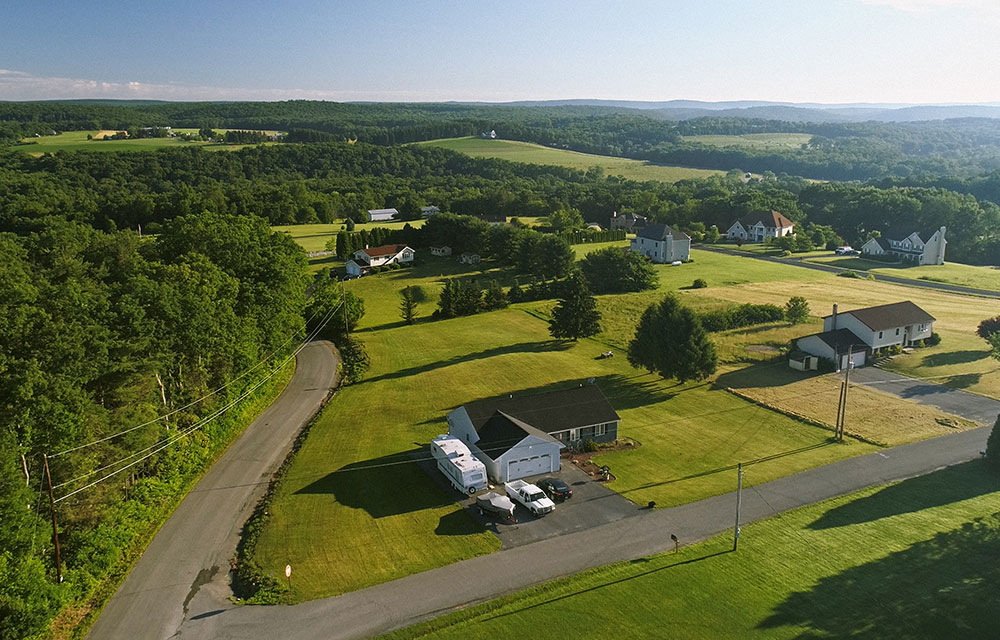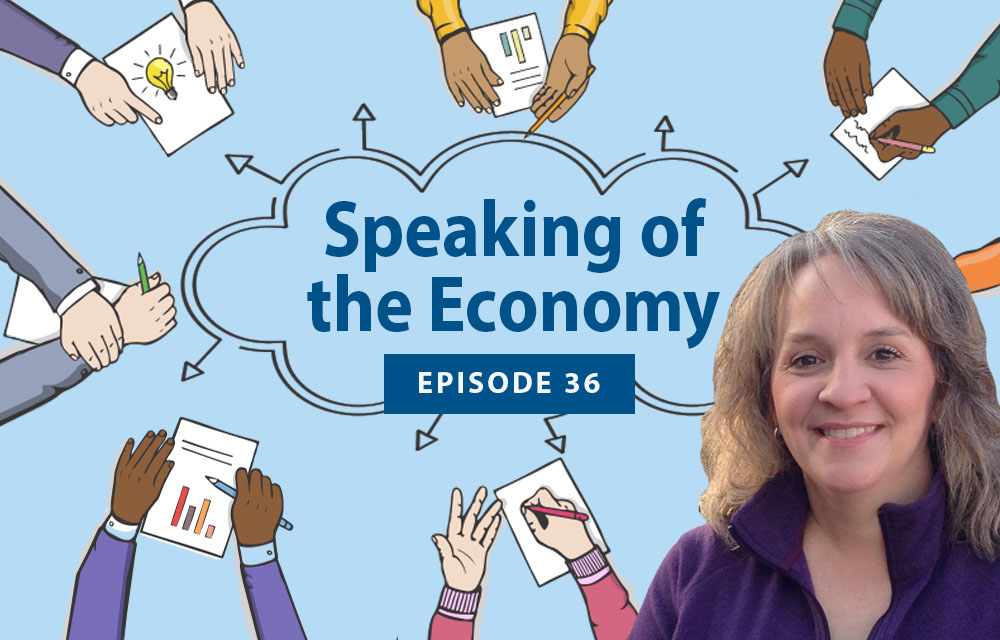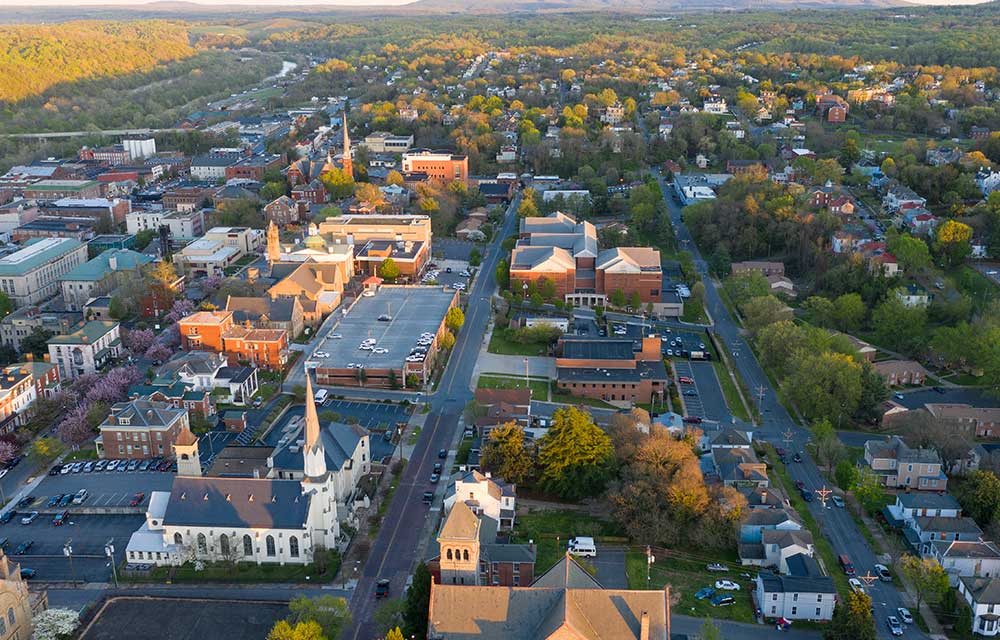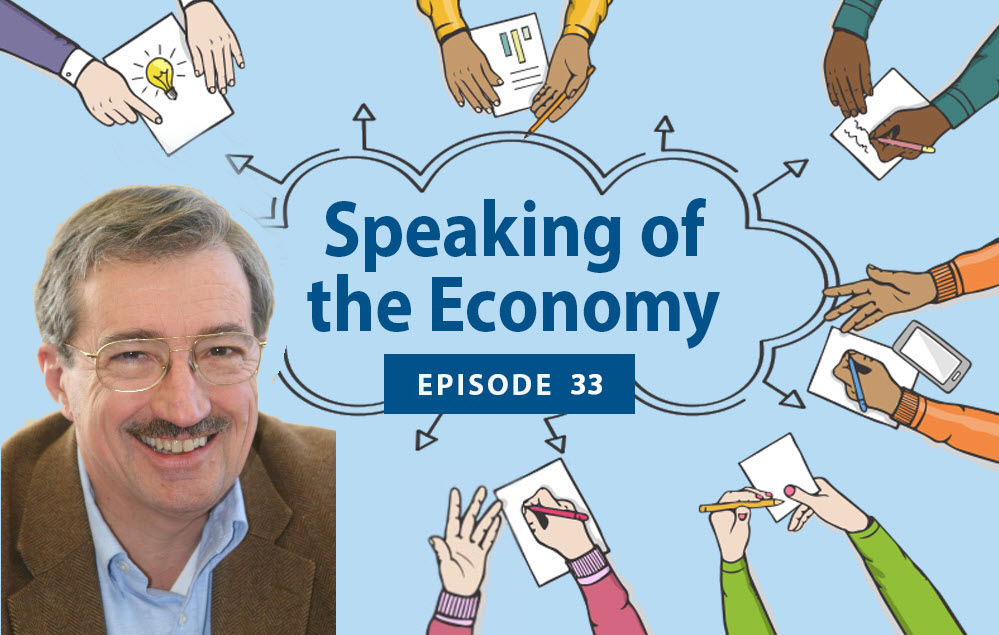Many rural areas lack sufficient resources to strengthen the STEM pipeline. How is one nonprofit in South Carolina addressing the workforce gap in hopes of reducing rural flight?
Spotlight on Rural Workforce and Education
Vibrant local economies depend heavily on a well-trained workforce with the skills and knowledge employers need. Major educational and employment opportunities are generally located in more urban areas, while many rural communities across the Fifth District experience lower rates of educational attainment and workforce participation, lower wages, and declining populations. These challenges can exacerbate barriers to employment; without enough trained and educated workers, the people calling these communities home may have reduced access to necessary services and infrastructure.
But creative and dedicated community leaders are working with state and federal governments, local community colleges, businesses, and private philanthropy to develop strategies to overcome these challenges. Some examples include:
- An initiative in eastern North Carolina to make STEM workforce development a centerpiece of economic development.
- The creation of programs that provide education and supports for key sectors such as health care, like the GoodCare Program in the New River Valley and surrounding areas of Virginia.
- Encouraging small businesses through access to business incubators and a support ecosystem for entrepreneurs, all of which will help grow the next generation of employers.
- Creating educational opportunities for incarcerated individuals to earn associate degrees and certifications, better preparing them for future success.
The Richmond Fed also recognizes the unique role community colleges play in these workforce development and education efforts. Our Community College Initiative highlights that work and provides local stakeholders with a more holistic way to measure these institutions' contributions to local economies and beyond.
If you have ideas, share them with us!
Featured Content
Although the U.S. has been graying, populations in many rural counties have actually grown younger over the last several years. What could this mean for rural economies?
President Tom Barkin discusses the hurdles to and potential for growth in rural communities.
Farms in the Fifth District produce necessary commodities like pork, chicken, soybeans, peanuts, and cotton. That production largely occurs in rural areas, creating value and employment opportunities in those communities.
Deborah Diamond and Adam Scavette discuss how anchor institutions such as universities and hospitals fit into the economic life of communities.
Just 75 minutes from Richmond, Farmville and its surrounding counties are an idyllic setting for bargain hunters and outdoor adventurers alike. Recently, our Community Conversations Team made a visit to the area to learn more about their economic strengths and opportunities.
Although the communities surrounding universities experienced some shielding effects from previous recessions, the unemployment rate actually increased in these areas following the COVID-19 recession.
South Carolina's recruitment of a Boeing assembly plant to North Charleston in the late 2000s boosted the state's aerospace sector and Charleston's local labor market over the subsequent decade.
Rural areas were hit hard with labor shortages during COVID-19, more so than their urban counterparts. However, the tides have turned with rural wage growth now exceeding that of urban areas.
In May, our Community Conversations team visited the Winchester area to learn more about their economic strengths and opportunities.
This post explores how changes in total population, out-of-the-labor-force population, and unemployment explain employment growth across the Fifth District's rural counties.
In April, President Tom Barkin, Regional Executive Matt Martin and Regional Economist Laura Ullrich met with local community and business leaders in North Carolina's Surry and Yadkin counties to gain a fuller understanding of the economic strengths and opportunities facing the region as part of the Bank's Community Conversations program.
Some rural and small-town communities see potential for outdoor recreation to reinvigorate their economies.
As our Community Conversations team learned on a recent trip to Southeastern Virginia, the pull between maintaining a rural, small town feel and embracing the potential benefits of urbanization hangs in the balance.
Matt Martin and Erika Bell share what they learned about workforce development from conversations with business and community leaders in Pickens County and Oconee County, South Carolina.
Efforts such as subsidizing public transportation, providing access to auto loans, and limiting driver's license suspension laws could help address employment barriers for low-income and rural individuals.
Nicholas Haltom and Stephanie Norris
Proposal submissions are now open for the 2024 Investing in Rural America Conference poster session! Learn about the ways rural communities are addressing economic challenges in this virtual tour of posters from our 2023 conference.
The STEM East initiative aims to show students in eastern North Carolina how they can stay and thrive in their home communities.
Understanding and appropriately measuring the role that community colleges play in rural areas is important to how we evaluate policies and funding for workforce and community development throughout the rural Fifth District.
A unique partnership between Compass Point Preschool and Northeastern Technical College in Cheraw, South Carolina, makes affordable, high-quality child care accessible to parents entering the labor force.
John Mullin
Leveraging some of its natural advantages, Virginia has encouraged the industry's growth through tax incentives and other initiatives. It is now home to hundreds of data centers, many in Northern Virginia's "Data Center Alley."
President Tom Barkin shares how small towns in the Fifth District are putting their best foot forward to attract talent.
States and school districts are using a variety of policies — including financial incentives — to try to combat a teacher shortage.
States and communities are looking for remote workers as sources of economic growth. Is offering them cash and other perks a promising model of economic development?
Numerous factors — including population growth, education, housing, transportation, child care, health, and broadband availability — are shaping the differences in employment outcomes between rural and urban communities.
Kelly Bowers, economic development director for Hertford County, N.C., discusses the challenges and opportunities facing her community. She highlights the importance of collaboration across state lines and the need for infrastructure such as broadband and affordable housing to support growth.
Host Tim Sablik discusses his recent research on the value of entrepreneurs in the economic growth of rural places and small towns, as well as the obstacles that they face compared to more urban communities. Sablik also talks with Erika Bell and Laura Ullrich about what they have learned from their contacts in North Carolina and South Carolina about rural entrepreneurship.
Intermediary organizations, including anchor institutions, rural development hubs, and collective impact backbone organizations, play an important role in rural capacity building.
The pandemic has worsened a long-standing national shortage of nurses. Rural communities face the greatest challenges.
Entrepreneurship creates many local benefits, but starting a new business in rural places can be challenging
Although people often associate high housing costs with urban areas, many households in rural areas also struggle with costly housing
Tressa Gardner provides an overview of the Southeastern Institute of Manufacturing and Technology (SiMT), the business incubator and other programs that it operates, and its role in supporting economic development in northeastern South Carolina.
Tiffany Hollin-Wright and Jessica King
The GoodCare Program in Virginia helps aspiring workers complete career pathways in health care, addressing workforce shortages in a sector essential to equitable pandemic recovery.
Mary Ann Gilmer of Goodwill Industries of the Valleys discusses the nonprofit's training program for healthcare workers and the importance of this work in rural communities, especially during the COVID-19 pandemic.
In Florence County, the Southeastern Institute of Manufacturing Technology and its Gould Business Incubator are fostering an entrepreneurial ecosystem and fueling small business development in South Carolina.
The Danville region in Virginia has moved the needle on early childhood education and now has an ecosystem in place to help address future challenges.
Angela Wells discussed how Smart Beginnings Danville Pittsylvania prepares children in Southside Virginia for success in school and in life.
President Tom Barkin shares innovative strategies and success stories from small towns around the Fifth District.
Focusing on a complete household's needs, Garrett County Community Action Committee's integrated "2Gen approach" links children to high-quality early education and their parents to services that build financial security.
Duane Yoder, executive director of the Garrett County Community Action Committee, discusses how his organization adopted a holistic model for addressing poverty in rural communities.
Laura Dawson Ullrich and Lucas Moyon
Vance-Granville Community College's early college high schools and workforce programs are improving education and job opportunities for area residents.





